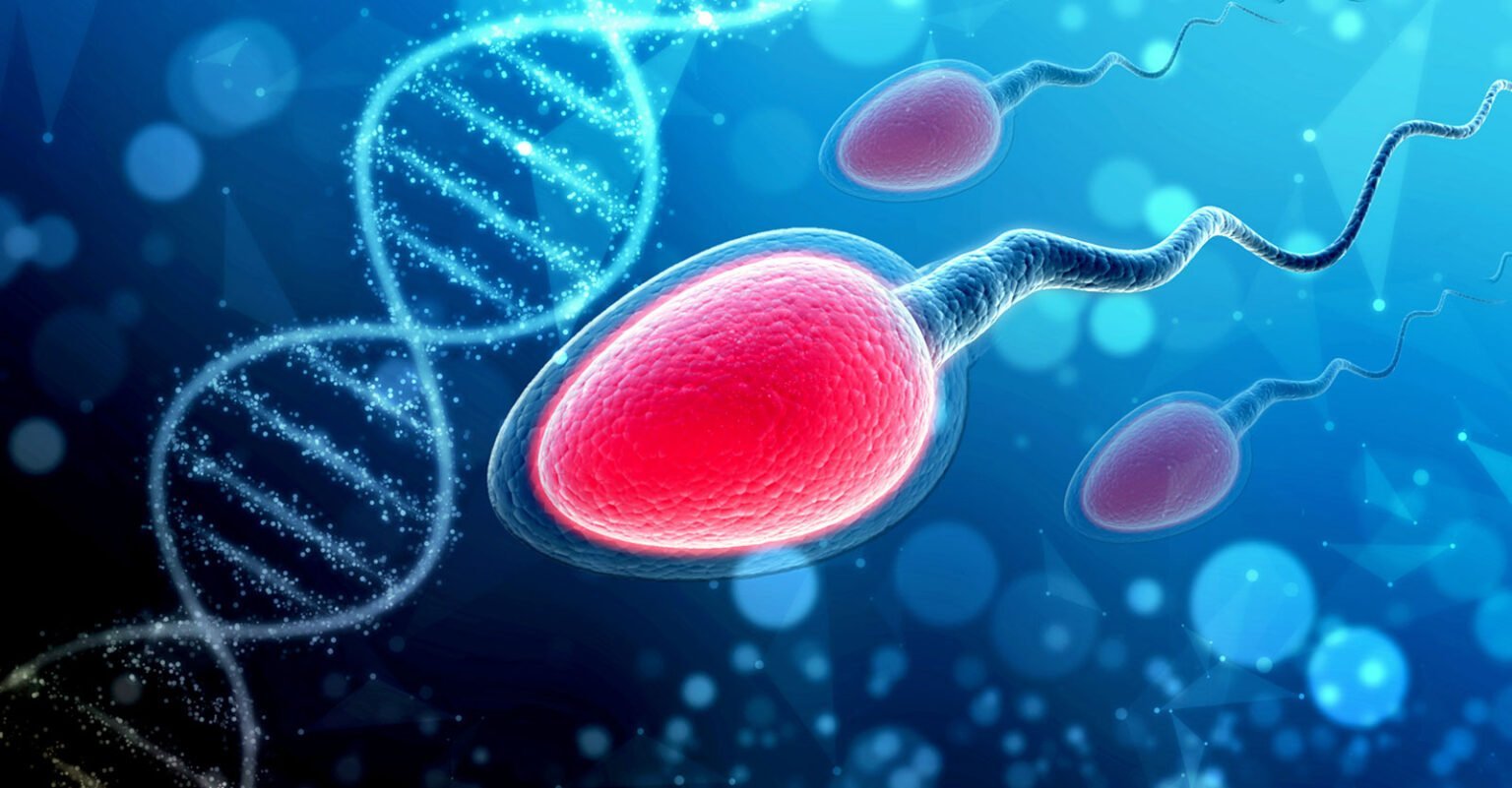A low sperm count, or oligospermia, can affect fertility and is characterized by having fewer sperm in the ejaculate than is typical. Treating a low sperm count often involves addressing underlying causes and making lifestyle changes. Here’s a comprehensive overview of treatment options:
Lifestyle Changes
Healthy Diet: Eating a balanced diet rich in fruits, vegetables, whole grains, and lean proteins can improve sperm quality. Key nutrients include zinc, selenium, vitamin C, vitamin D, and folic acid.
Regular Exercise: Engaging in moderate exercise can improve overall health and fertility. Avoid excessive exercise, which can negatively impact sperm production.
Weight Management: Maintaining a healthy weight is crucial, as obesity can affect hormone levels and sperm production.
Avoiding Toxins: Limit exposure to environmental toxins such as pesticides, heavy metals, and chemicals. Avoid smoking and excessive alcohol consumption, which can negatively impact sperm count.
Reducing Stress: Chronic stress can affect hormone levels and sperm production. Stress management techniques such as meditation, relaxation exercises, and counseling may be beneficial.
Proper Scrotal Temperature: Avoid overheating the testicles by not using hot tubs, saunas, or tight clothing. Elevated temperatures can impair sperm production.
Medical Treatments
Hormonal Therapy: If hormonal imbalances are identified, treatments might include:
Clomiphene Citrate: Often used to treat hormonal imbalances.
Human Chorionic Gonadotropin (hCG): Sometimes used in combination with other medications to stimulate the testicles to produce sperm.
Medications: If an infection or inflammation is causing low sperm count, antibiotics or anti-inflammatory medications may be prescribed.
Surgical Interventions: For certain conditions, such as varicocele (enlarged veins in the scrotum), surgery may be recommended to correct the issue and improve sperm count.
Treatment for Underlying Health Conditions: Managing conditions such as diabetes, thyroid disorders, or other systemic diseases can improve sperm count.
Assisted Reproductive Technologies (ART): If other treatments are not effective, ART techniques like in vitro fertilization (IVF) or intrauterine insemination (IUI) may be considered.
Specific Treatments Based on Causes
Varicocele: Surgery to correct the varicocele can improve sperm count in some men.
Genetic Factors: If genetic abnormalities are identified, treatments may be more complex and could involve genetic counseling and advanced reproductive technologies.
Infections or Inflammation: Treating underlying infections with antibiotics or anti-inflammatory medications can improve sperm count.
Alternative and Complementary Approaches
Herbal Supplements: Some studies suggest that certain herbal supplements like ginseng, maca root, or ashwagandha may improve sperm count. However, always consult a healthcare provider before starting any supplements.
Acupuncture: Some men find that acupuncture helps improve sperm count and overall reproductive health, though more research is needed in this area.
When to Seek Help
If you’re experiencing issues with sperm count, it’s important to consult with a healthcare provider, ideally a urologist or a fertility specialist. They can perform a thorough evaluation, including a semen analysis, to determine the underlying cause of low sperm count and recommend appropriate treatment options based on individual needs.
Addressing lifestyle factors and underlying medical conditions, combined with targeted medical treatments, can significantly improve sperm count and fertility outcomes.









